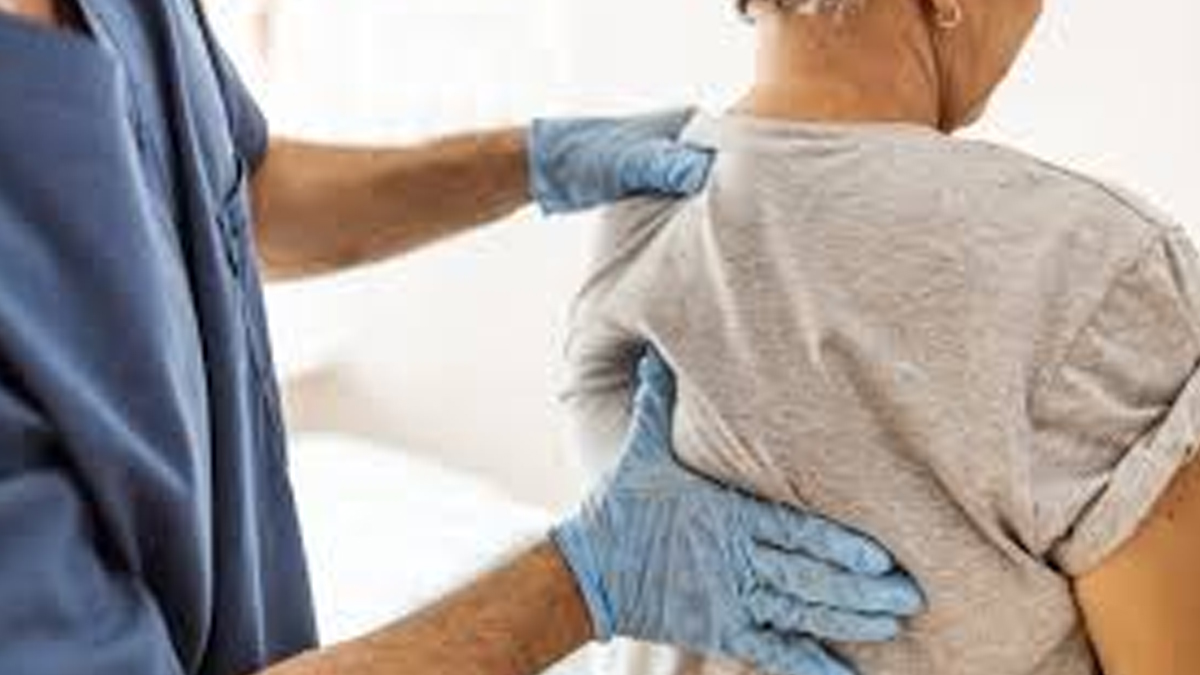
It has been two years since the legendary singer Celine Dion was diagnosed with Stiff Person Syndrome (SPS), a rare and debilitating autoimmune disorder. For the first time since her diagnosis, Dion has opened up about her challenging journey with this condition, shedding light on its profound impact on her life and career.
Table of Content:-
Celine Dion Opens Up About Her Battle with SPS
Celine Dion, 56, recently made her first public appearance since being diagnosed with Stiff Person Syndrome. In an exclusive interview with NBC's Hoda Kotb, aired on June 7, 2024, the Queen of Power Ballads detailed the severe consequences of SPS on her health and career.
Dion revealed the extent of the physical toll SPS has taken on her body. She described experiencing muscle spasms so intense that they have caused her ribs to break. "I had broken ribs at one point because when sometimes when it’s very severe, it can break some ribs,” Dion disclosed, leaving Kotb visibly shocked. The severity of her condition has also impacted her singing ability, as Dion demonstrated how the spasms affect her throat, describing the sensation as if “somebody’s strangling you.”

Understanding Stiff Person Syndrome
Stiff Person Syndrome (SPS) is a rare neurological disorder that primarily causes progressive muscle stiffness and spasms. This autoimmune condition affects the central nervous system, leading to debilitating symptoms that can significantly impair a person's mobility and quality of life. There are several classifications of SPS, each with varying symptoms and severity:
- Classic SPS: The most common form, often associated with antibodies against glutamic acid decarboxylase (GAD).
- SPS Variants: These can affect specific body parts or cause significant incoordination (ataxia).
- Progressive Encephalomyelitis with Rigidity and Myoclonus (PERM): A severe variant involving decreased consciousness, eye movement issues, ataxia, and autonomic dysfunction, often requiring hospital management.
Symptoms of SPS
The main symptoms of SPS include:
Muscle Stiffness
Typically starting in the trunk (abdomen, chest, and back), this stiffness can spread to the limbs and become more severe over time, causing pain and discomfort. The rigidity can fluctuate in intensity and may lead to abnormal postures, making movement difficult.
Also Read: Naomi Campbell Opens Up About Welcoming Children Via Surrogate; Medical Reasons to Need Surrogacy
Painful Muscle Spasms
These spasms can affect the entire body or specific areas, lasting from seconds to hours. They can be triggered by various factors, including loud noises, physical touch, temperature changes, and stress. The unpredictability of these triggers often leads to anxiety and agoraphobia in affected individuals.
Causes of SPS
While the exact cause of SPS is still unknown, it is believed to be an autoimmune condition where the immune system mistakenly attacks healthy cells. Many SPS patients have antibodies against GAD, a crucial enzyme for producing the neurotransmitter gamma-aminobutyric acid (GABA), which regulates muscle movement. Other associated antibodies include glycine receptor, amphiphysin, and DPPX (dipeptidyl peptidase-like protein 6). Some patients, however, do not exhibit any known antibodies, prompting ongoing research into other potential causes.
Treatment and Management of SPS
Currently, there is no cure for SPS, but treatments focus on managing symptoms and improving quality of life. Treatment strategies include medications, therapies, and immunotherapy.
Medications
- Benzodiazepines: Drugs like diazepam are often prescribed to decrease muscle stiffness and spasms by affecting GABA signals.
- Muscle Relaxants: Baclofen is used to reduce muscle stiffness.
- Neuropathic Pain Medications: Gabapentin and pregabalin, which also influence GABA signals, can help alleviate symptoms.
Therapies
- Physical Therapy: Exercises to improve mobility and strength.
- Massage and Hydrotherapy: Techniques to relax muscles and relieve pain.
- Heat Therapy and Acupuncture: Methods to manage discomfort and stiffness.
Immunotherapy
Intravenous immunoglobulin (IVIg) treatment has shown promise in improving symptoms for some SPS patients. IVIg involves the administration of immunoglobulins from healthy donors to help modulate the immune response.
Bottomline
Celine Dion's openness about her struggle with SPS has brought much-needed awareness to this rare condition. Her courage in sharing her experience underscores the importance of understanding and supporting those affected by SPS. As research continues, there is hope that more effective treatments will be developed, offering better outcomes for individuals living with this challenging disorder.
Also watch this video
How we keep this article up to date:
We work with experts and keep a close eye on the latest in health and wellness. Whenever there is a new research or helpful information, we update our articles with accurate and useful advice.
Current Version